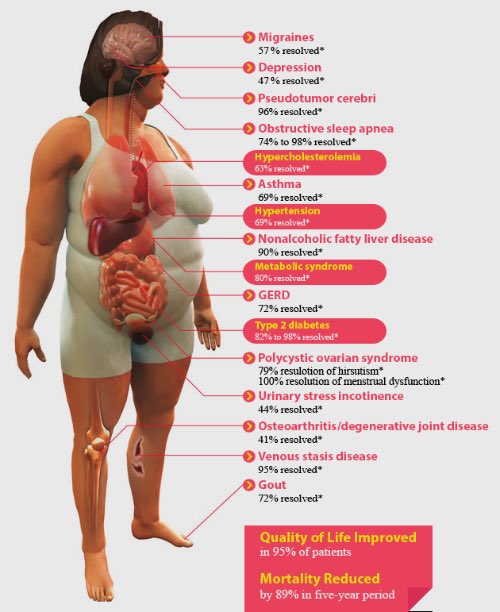Are you like most of the people who have diabetes? If you are, you probably don’t regularly have a dilated eye exam.

But if you knew that this exam could help prevent 95 percent of diabetes-related vision loss, would you do that?
The National Eye Institute, which is a part of the federal government’s National Institute of Health, tells us that early detection and treatment can reduce the risk of blindness by 95 percent. Diabetic retinopathy can lead to blindness if you don’t get it treated on time.





